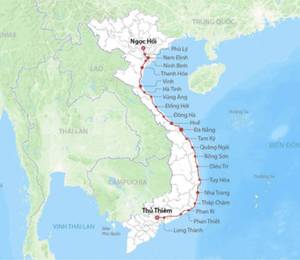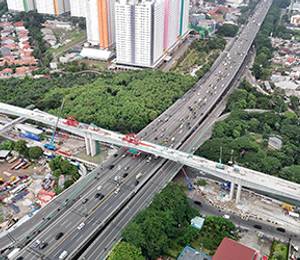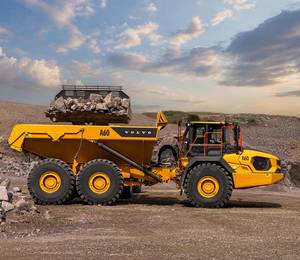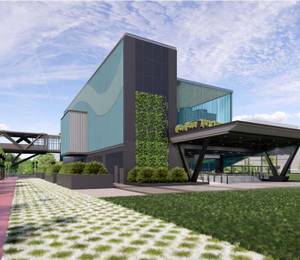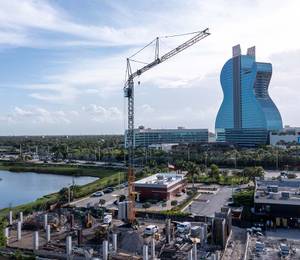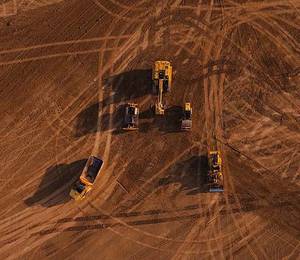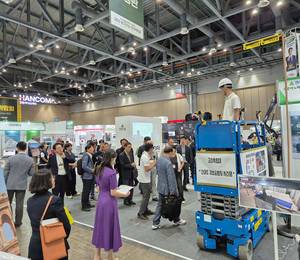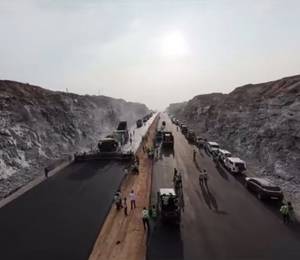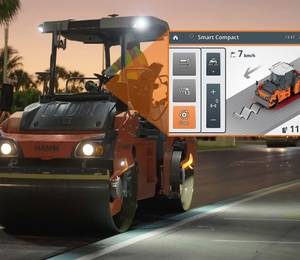Still retaining her passion for civil engineering after three decades, Neeta Arora is now director of design centre and functional manager for hydropower and dams business at SMEC, based in Gurgaon, India.
“I am passionate about contributing to the civil engineering community, and I get huge satisfaction from a well-developed design and providing value engineering solutions to the clients,” Neeta says.
She also has a great appetite for learning, and enjoys her role as head of design “as I can work with my team on various challenges - in design, development, client management and team management.”
Neeta recalls that her decision to become an engineer was largely influenced by her family circle. “Back in 1980, one of my uncles was a professor at the Mechanical Engineering department of the Indian Institute of Technology (IIT). He was a highly respected member of our family and became my role model to aspire, seek and work towards an engineering degree at IIT or any other reputable engineering college.
“When I was finally accepted into a civil engineering programme at the college of my choice, I was strongly encouraged to pursue it as it would potentially help me shape the civil aspect of our society and make a difference to my country.”
Neeta says that she “was fortunate” to receive recognition quite early in her career for her technical contributions. “Recognition does make things easier at times, especially in civil engineering. However, it also brings greater responsibility for project delivery and meeting client expectations.”
She further highlights some of the impressive technological developments that she has seen throughout her career: “The digitisation and innovations in the investigation field have been remarkable over the years, such as the LiDAR, satellite and aerial mapping technology – which can generate detailed, accurate maps and high-resolution images. Significant improvements can also be seen in the quality of equipment and instruments.
“Other notable innovations include the mechanised method of tunnelling with TBMs in mixed soil conditions and advanced software tools for structural analyses and fluid mechanics.”
‘Not easy to rise through the ranks’
In her role, Neeta has led numerous major hydropower and dam construction projects across India and Bhutan, which typically require a high degree of complexity.
“Each project has been an interesting journey,” she says. “Visits to work sites in remote areas come with their own set of physical challenges, more so for women. Client management has been one of the biggest challenges for me.”
As women are still under-represented in the construction industry, Neeta mentions that it is “not easy” to rise through the ranks, particularly in the consultancy side of the business.
“Each year presents more challenges and barriers than even before, especially when you are switching sectors within the construction industry.”
Nevertheless, “there is a lot of respect for female engineers who are technically capable and possess team-management skills,” she emphasises, “and the industry recognises their accomplishment.”
While the construction industry remains male-dominated, Neeta believes that women “can carve a special niche for themselves. Technical competence and passion, combined with team-management and leadership skills, are key drivers to succeed in the industry,” she advises.
“In addition, perseverance, a positive attitude, oratory and presentation skills, as well as networking skills, both on virtual and conventional platforms, can help you climb up the corporate ladder.”
Photos courtesy of Neeta Arora
